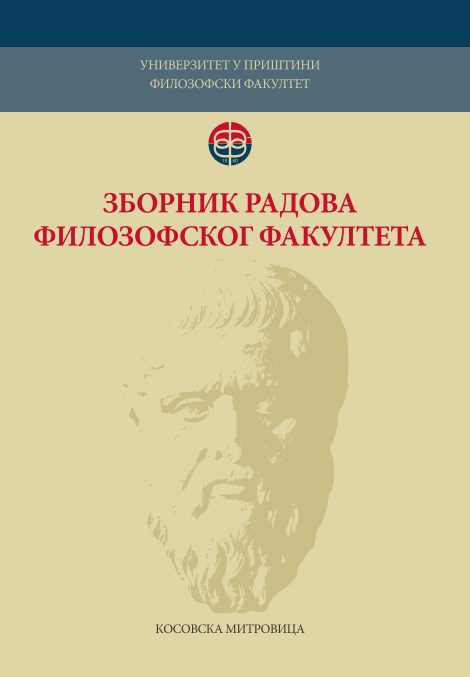Applying qualitative methods for research with children: Challenges and prospects of doing interviews with young and very young learners
Applying qualitative methods for research with children: Challenges and prospects of doing interviews with young and very young learners
Author(s): Vera Savić, Danijela Prošić-SantovacSubject(s): Language studies, Language and Literature Studies, Foreign languages learning
Published by: Филозофски факултет, Универзитет у Приштини
Keywords: young L2 learners; qualitative research methods; interview; prompted think-aloud protocol interview; case study
Summary/Abstract: Qualitative methods have increasingly been considered as a valuable approach in linguistic research, especially in the area of foreign/second language (L2) learning. In the field of teaching English as L2 to children, qualitative approaches are considered particularly suitable. The paper aims to answer a number of questions relevant to applying qualitative methods for research with children in teaching English as L2 by discussing recent studies conducted in Serbia at primary and pre-primary levels. The method applied in the paper is the analysis of interviews used to study primary learners' L2 reading development (Savić, 2017), and a pre-primary child's L2 progress (Prošić-Santovac, 2017). The former example is a prompted think-aloud protocol interview conducted with twelve 11-year old children for studying a number of issues relevant to their L2 reading skills, while the latter one refers to a structured interview conducted in a case study of using popular video cartoons for teaching English to a four-year-old child. The pedagogical implications of doing research with young and very young learners are summarized as challenges and prospects of using interviews for gaining a deeper understanding of children's L2 development, highlighting a variety of individual and contextual factors affecting the process. It is concluded that, with proper planning and application, qualitative research in general, and interviews in particular, may provide invaluable evidence on the processes of foreign language acquisition and learning.
Journal: Зборник радова Филозофског факултета у Приштини
- Issue Year: 48/2018
- Issue No: 4
- Page Range: 59-75
- Page Count: 17
- Language: English

